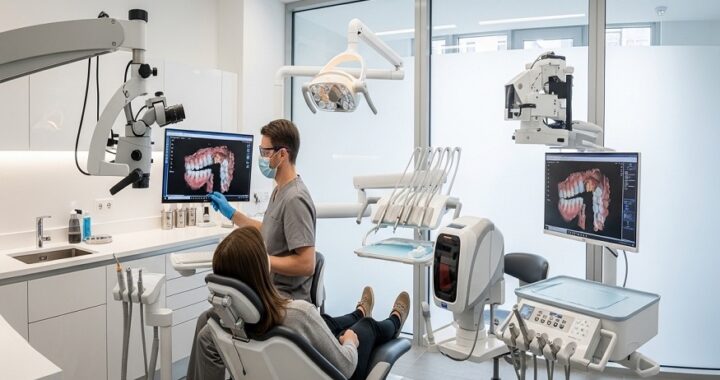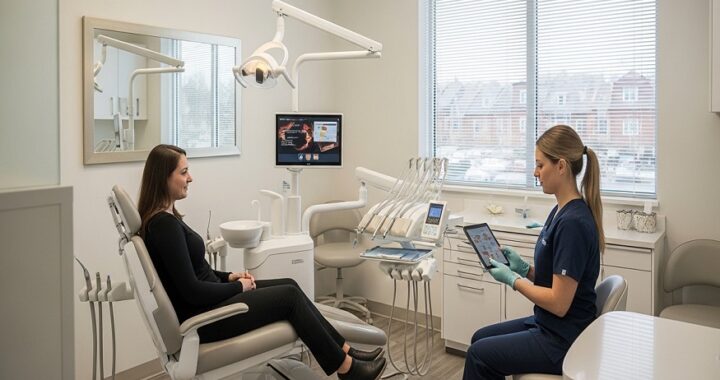2 Things Communities Need to Entice the Biotech Industry

Genetic research and Biotech science Concept. Human Biology and pharmaceutical technology on laboratory background.
Biotech is one of the fastest growing and dynamic industries going right now. It is the greatest thing since the dot com boom of the 1990s. That being the case, communities all over the country are competing to see who will become the Silicon Valley of the biotech world. The competition is fierce, for sure.
Big-name cities from Chicago to Boston and Raleigh all want a piece of the pie. So do smaller cities like Austin, Cincinnati, and Denver. Even New Haven, Connecticut is an up-and-coming biotech center. But to become the new Silicon Valley, communities need two things in spades: a talented workforce and venture capital.
Taxes, regulations, and rents can all be worked around. Some communities are more attractive than others in all three regards, but no biotech venture will be successful without a skilled workforce and enough capital to get it through several years of development. Lack in either one and it doesn’t matter how business-friendly a particular community is.
A Decade of Development
Massachusetts embarked on an ambitious goal to become a biotech hub way back in 2008. Then Gov. Duval Patrick worked with state legislators to come up with $1 billion in public funds to be invested in biotech over a decade. Much of that money went to the Boston and Cambridge areas. As a result of the combined public-private effort, biotech has flourished in New England. But now, Massachusetts biotech companies are facing a serious problem: an inadequate workforce.
Boston Business Journal contributors Alicia Sasser Modestino and Jared Auclair laid out the scope of the problem in a March 2022 piece discussing the state of biotech in Massachusetts. The piece discussed how companies are having to conduct employee searches well beyond state borders.
There is an expectation of 40,000 new jobs being added to the sector in Massachusetts over the next several years. Where the employees ultimately come from is anyone’s guess. Companies are going to have to go farther than just posting open jobs on sites like Pharma Diversity. They are going to have to actively go out and find the talent they need.
Stiff Competition in Chicago
While Boston and Cambridge are finding their biotech growth stunted by a limited workforce, Chicago has an entirely different problem to worry about: funding. The Windy City is home to some pretty impressive biotech companies. Every year, they hold one of the nation’s most prestigious conferences for cancer specialists. The city is near the top of the list for research and development in oncology.
Unfortunately, the business climate in Chicago is such that investors still consider the city part of flyover country. In fact, the entire state of Illinois seems to be off limits for investors. And without venture capital, you are never going to see a whole lot of biotech startups making their homes in Chicago.
The part that doesn’t make sense is that there are other cities with similar business environments still managing to lure biotech investment. But perhaps those cities have other things to offer. Who knows? At any rate, the biggest players in Chicago’s biotech industry are scratching their heads and wondering how they can get more venture capital to come their way.
There is no doubt that biotech will remain one of the strongest industries for the foreseeable future. With as much emphasis as modern culture puts on healthcare and overall wellness, biotech is expected to grow substantially over the next decade – perhaps even beyond. Will we see a new Silicon Valley emerge? That depends on workforce availability and how easily venture capital flows.

 Best Nicotine Gum Options: Key Benefits and How to Choose the Right One
Best Nicotine Gum Options: Key Benefits and How to Choose the Right One  Complete Guide to Diagnosis and Treatment of Hypertension
Complete Guide to Diagnosis and Treatment of Hypertension  5 Toronto Dietitian Approved Habits for a Healthy New Year
5 Toronto Dietitian Approved Habits for a Healthy New Year  What Causes Gas And Bloating In Children?
What Causes Gas And Bloating In Children?  The Quiet Factors That Define a Reliable Angiography Device
The Quiet Factors That Define a Reliable Angiography Device  Renting medical equipment can make moving around and being comfortable easier
Renting medical equipment can make moving around and being comfortable easier  Dental Infection Treatment and the Evolution of Advanced Dental Technology
Dental Infection Treatment and the Evolution of Advanced Dental Technology  Deep Cleaning Woodland Hills: Understanding Gum Health and Advanced Dental Cleaning
Deep Cleaning Woodland Hills: Understanding Gum Health and Advanced Dental Cleaning  Dental Implants and Osteoporosis: What Patients Should Know About Safety and Healing
Dental Implants and Osteoporosis: What Patients Should Know About Safety and Healing